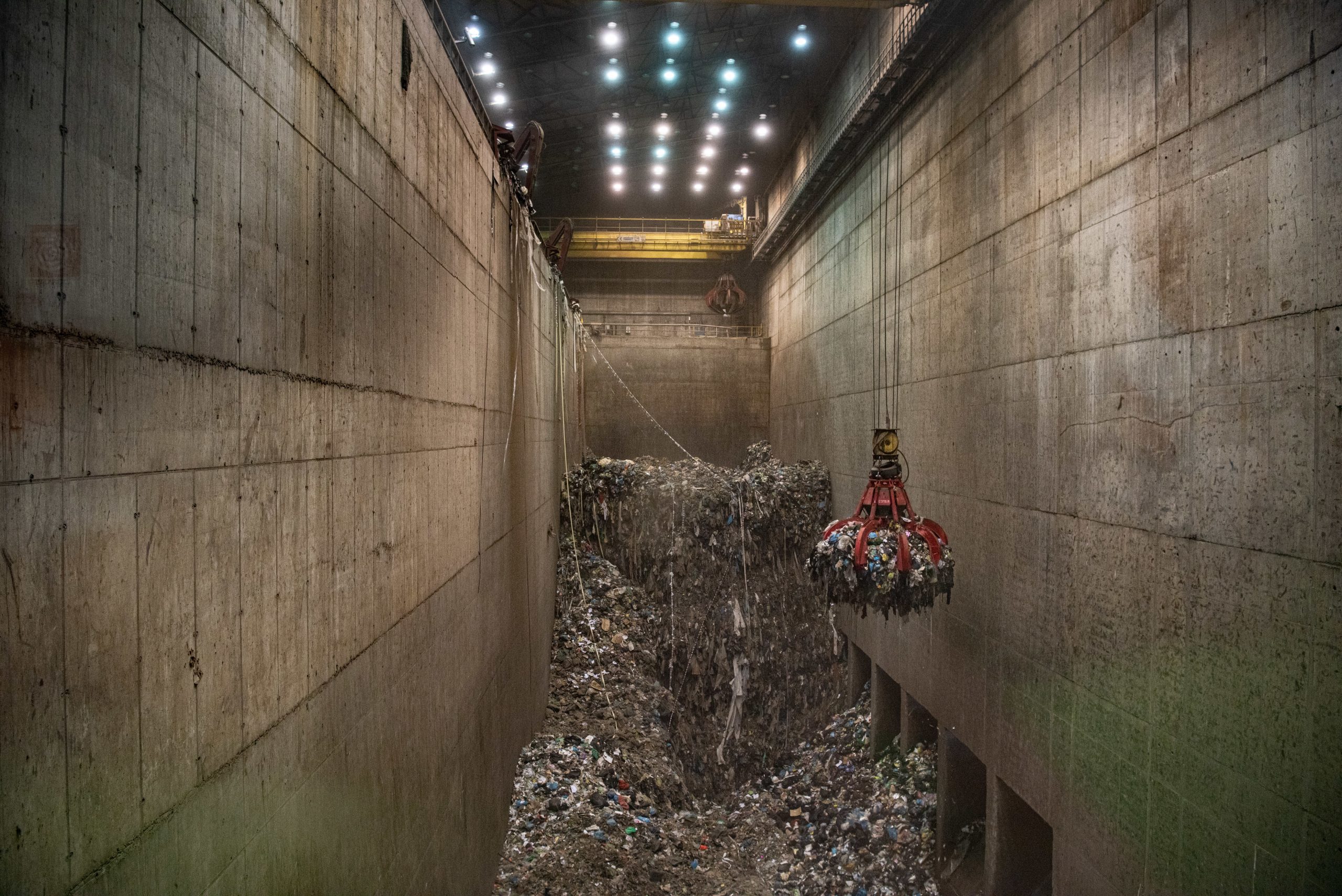
Scottish Government fails to deliver on key recommendations of incineration review
Environmental campaigners have criticised the Scottish Government’s failure to commit to banning the incineration of plastics by 2030, as recommended by the independent review it commissioned.
Today (5 May), the Scottish Government published its response to the second and final part of its independent review on the role of incineration in dealing with waste in Scotland.
In June 2022, the Scottish Government banned new incinerators following the review’s recommendation, and this latest announcement aims to reduce carbon emissions from existing plants – but campaigners say it falls short.
Rather than phasing out existing incinerators, the Scottish Government is supporting the development of expensive heat networks for them. Experts from the Scottish Government’s own advisory body have shown that the carbon emissions from heat generated from incinerators are higher even than gas boilers, so such measures are likely to increase, rather than decrease carbon emissions. While the Scottish Government has indicated that it supports a ban on burning plastics by 2030 in principle, it has failed to commit to doing so or set out a credible action plan to deliver it.
Kim Pratt, circular economy campaigner at Friends of the Earth Scotland, said:
“The failure of the Scottish Government to commit to the main recommendations of its own review is a missed opportunity to phase out existing incinerators and end the harmful practice of burning plastics as soon as possible.
“Plastics are fossil fuels, so burning them is directly contributing to climate breakdown. The independent review showed that incinerators are locking Scotland into a single use system – relying on market forces and promises of future policy changes is not enough to change this. We must take urgent action at every part of the supply chain if we are to stop mountains of non-recyclable plastics being thrown away and burnt.
“The Scottish Government response admitted that plastics often contain toxic chemicals but the failure today to commit to ending a system which perpetuates their production means it is now more likely that these plastics will continue to harm people and the environment for far longer than they should.
“Instead of committing to a plan to phase out incinerators the Scottish Government has indicated support for the expansion of high-carbon incinerator linked heat networks.
“The Scottish Government’s trust in carbon capture and storage to reduce emissions from incinerators is misplaced. Even if cost and technology barriers can be overcome, carbon capture will come too late to be effective for Scotland’s incinerators, which are some of the largest sources of carbon emissions in Scotland right now.”
Scottish Government’s response to the second part of the independent review on incineration
https://www.gov.scot/publications/scottish-government-response-stop-sort-burn-bury-independent-review-role-incineration-waste-hierarchy-scotland-second-report-decarbonisation-residual-waste-infrastructure-scotland/
Friends of the Earth Scotland’s response to both parts of the independent incineration review
https://foe.scot/resource/response-to-incineration-review/
Zero Waste Scotland report in the climate change impacts of incineration, which concludes that incinerators “can no longer be considered a source of low carbon energy” because their carbon intensity, even with heat output, is higher than alternative sources.
